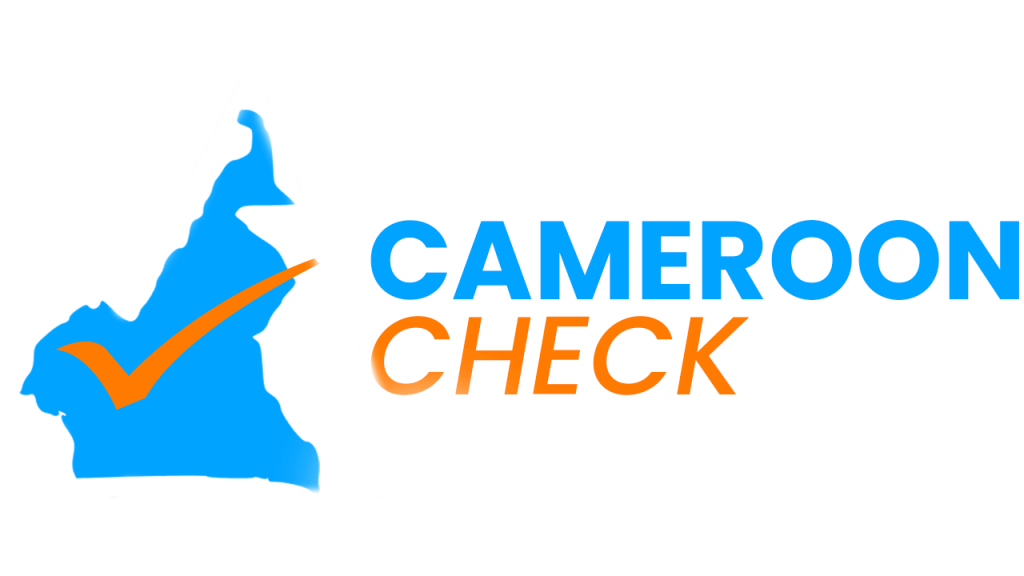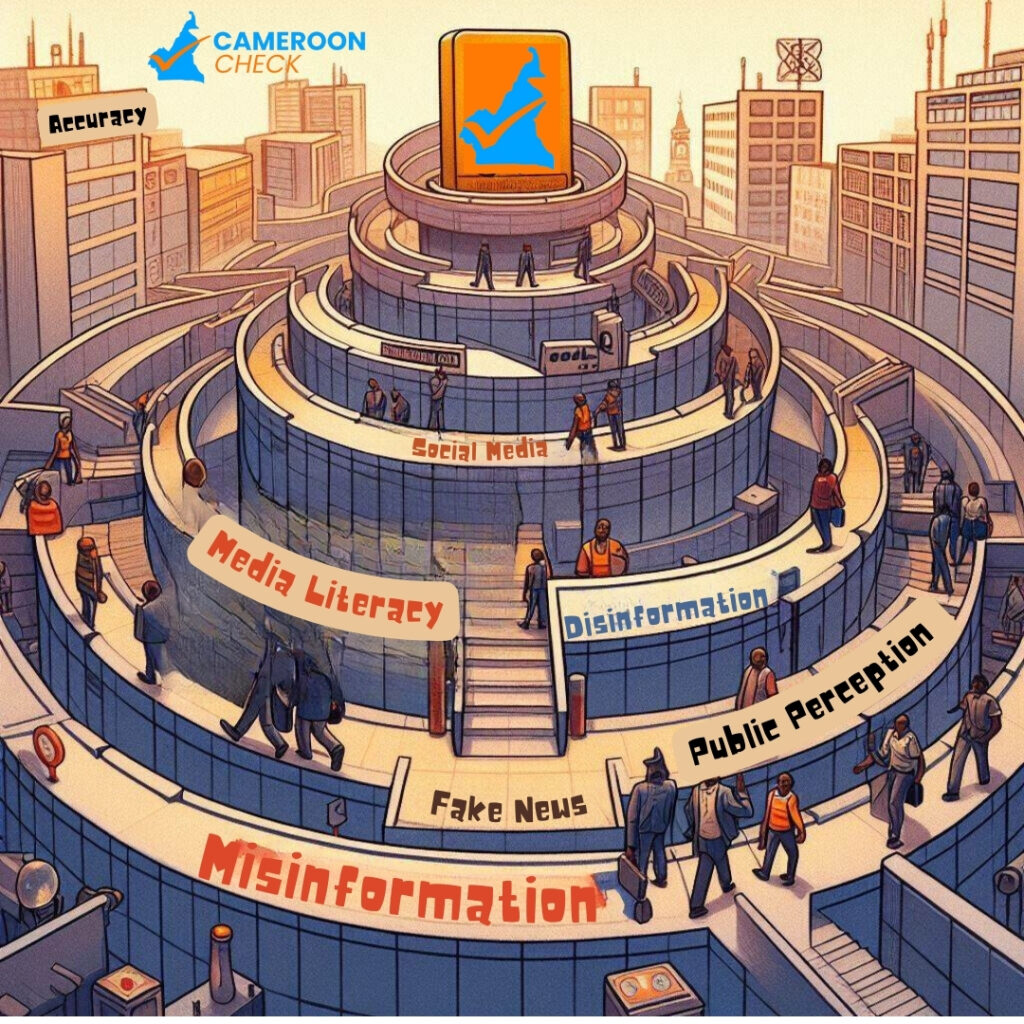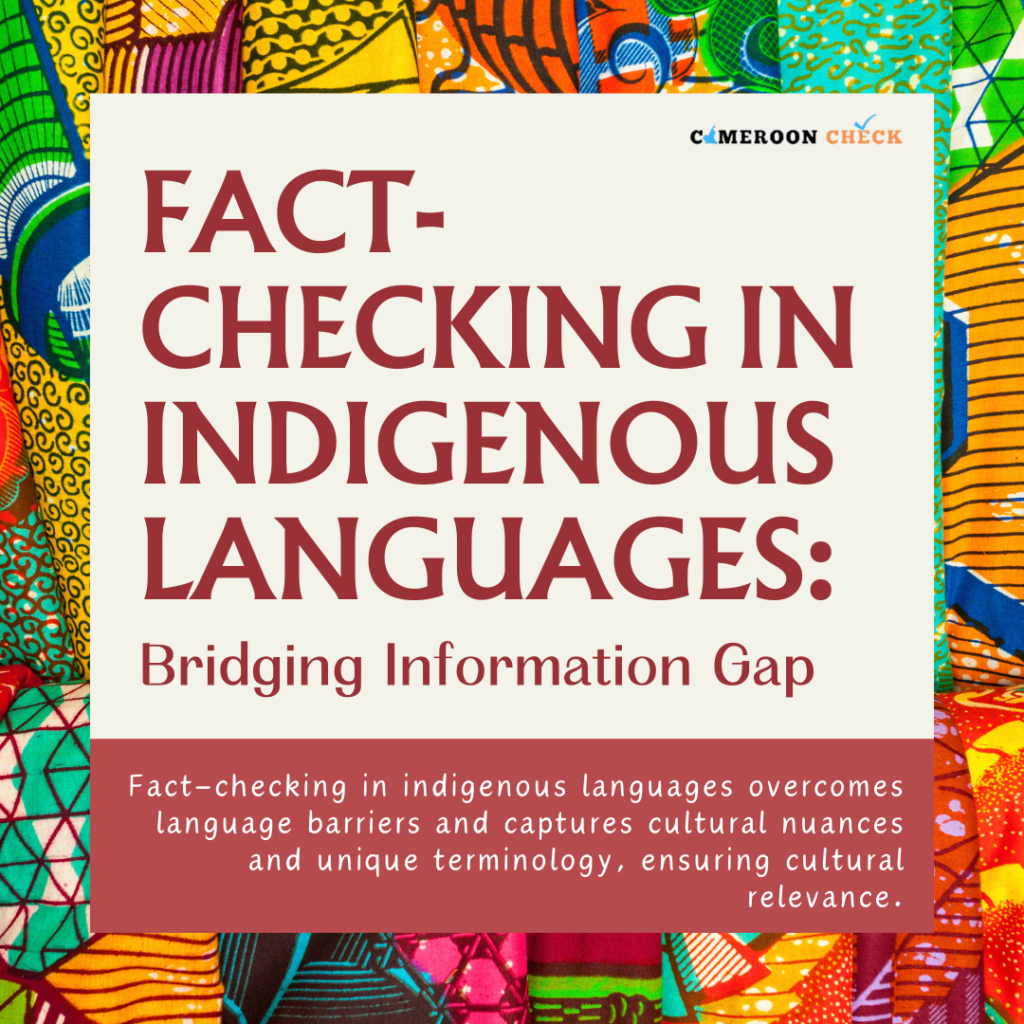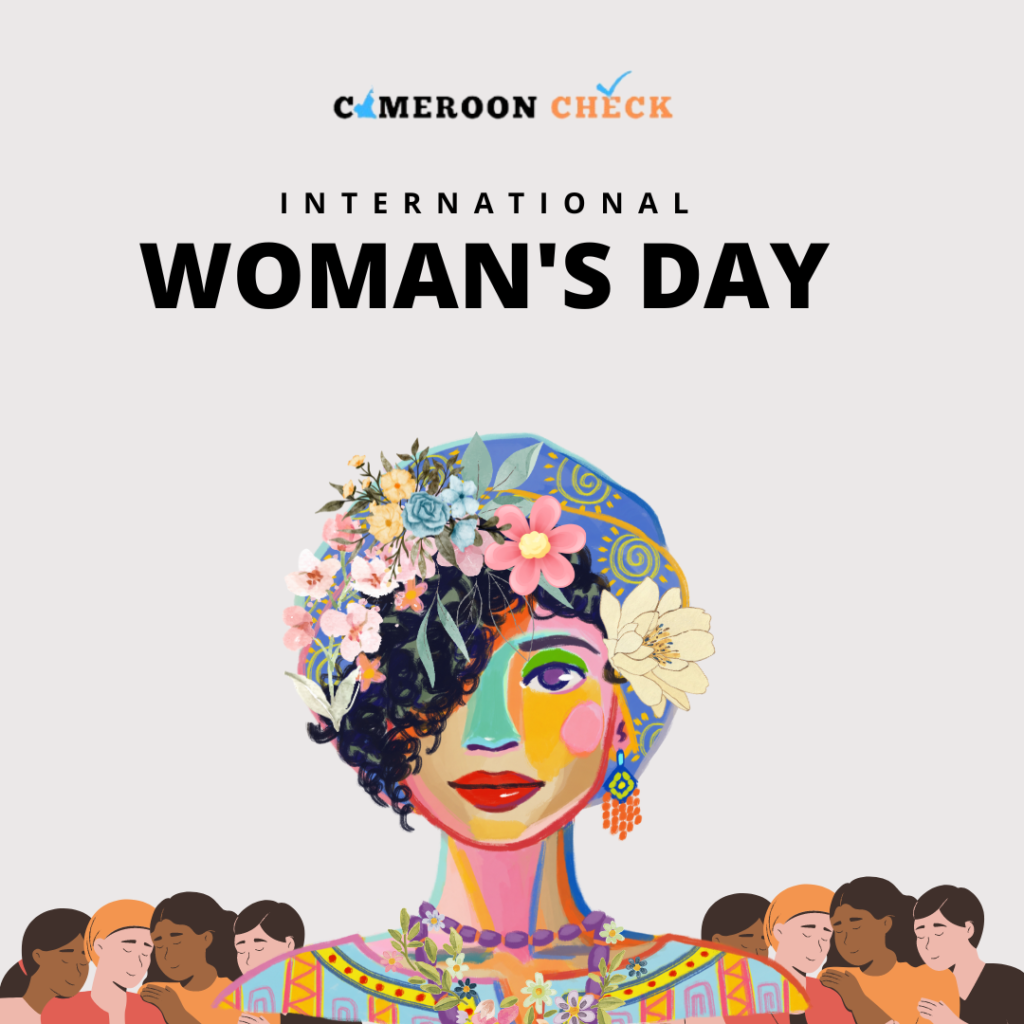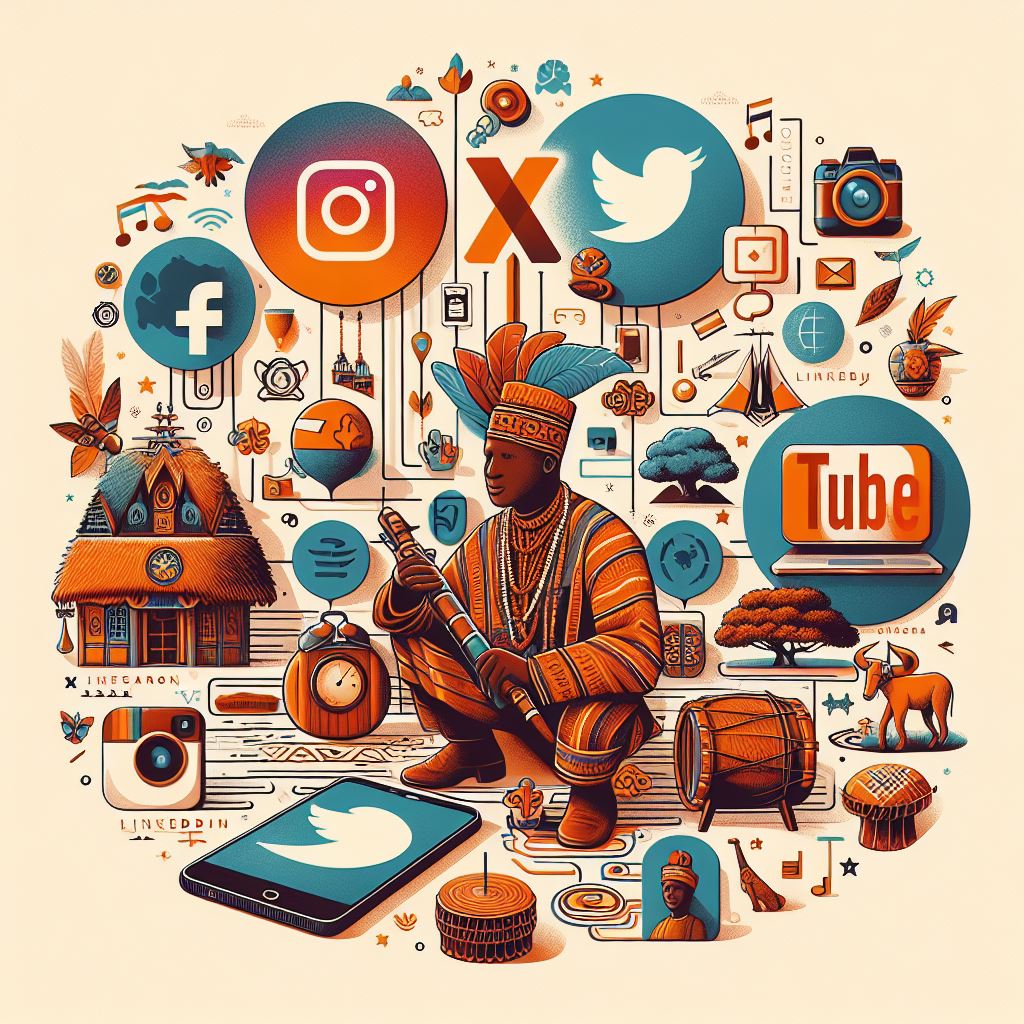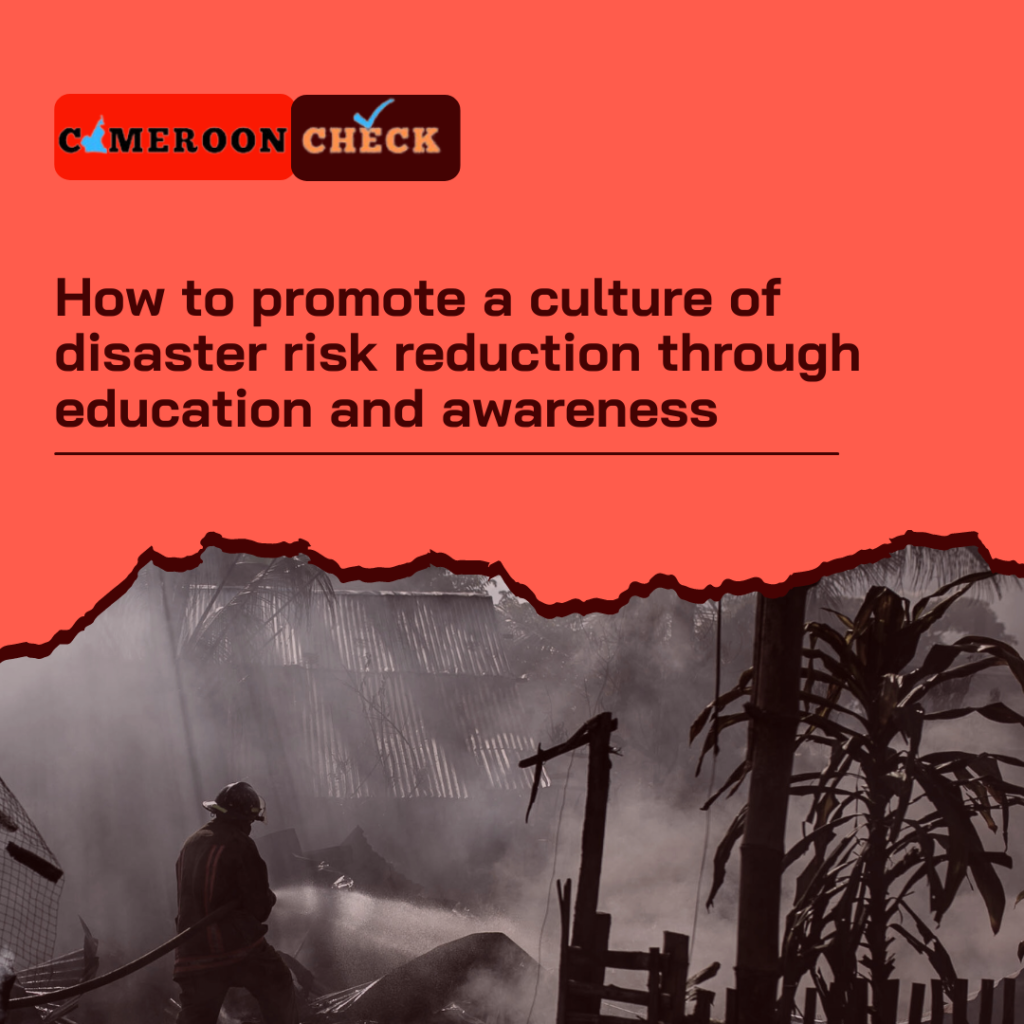In an era where misinformation spreads faster than the truth, understanding public perception and response to false narratives is crucial. This article delves into the findings of a comprehensive survey conducted by Cameroon Check, revealing the impact of misinformation on society and the effectiveness of fact-checking strategies.
Category Archives: Media Literacy
The advent of deepfake technology has ushered in a new phase of media manipulation that calls into question the fundamental principles of authenticity and truth. It makes it possible to produce incredibly lifelike modified audiovisual content.
The world relies on accurate information, which is why verifying news and data is so important. However, people who speak indigenous languages may struggle to verify information due to language barriers.
International Women’s Day 2024 is more than a celebration; it is a call to action. Under the powerful theme of “Invest in Women: Accelerate Progress,” we urge the world to prioritize women’s empowerment and advancement.
Impact of misinformation on different societal domains and provide evidence-based insights for effective fact-checking strategies.
World Radio Day is celebrated annually on February 13th to honour the powerful role of radio in our lives. This year, the theme “A Century Informing, Entertaining, and Educating” highlights the enduring influence of radio as a medium of communication.
This report explores the role of social media in the preservation and promotion of cultural traditions in Cameroon.
Fake news is a term that refers to false or misleading information that is presented as factual news. It can have serious consequences for the public, such as influencing their opinions, emotions, and actions. In this case, the publisher of The Guardian Post was arrested for a fake cover page.
reducing the risk of disasters requires not only technical and structural measures, but also social and cultural changes.
Have you ever wondered how much of the news you read is written by humans or machines? Artificial intelligence (AI) is revolutionizing journalism, both as a tool to help journalists with their work and as a source of content creation.
